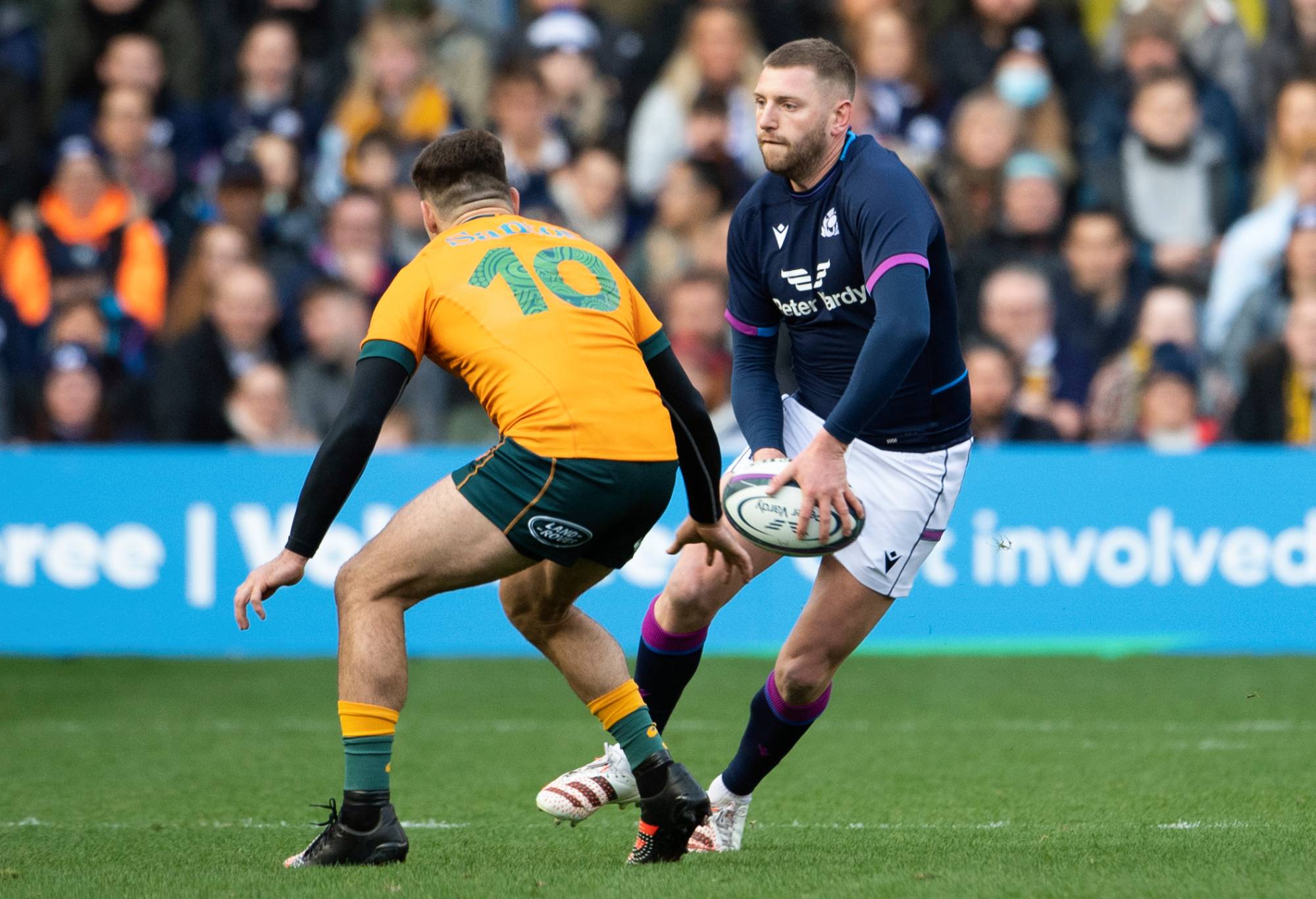มาแล้ว “ซิลวา เม็กเซส” ดาวรุ่งแมนยูฯ เปิดใจหลังทีมชาติไทย U17 แพ้อุซเบกิสถาน ชิงแชมป์เอเชีย นัดแรก วันที่ 4 เมษายน 2568 ซิลวา เม็กเซส กองหน้าลูกครึ่งไทย-อังกฤษ วัย 15 ปี จากแมนเชสเตอร์ ยูไนเต็ด สโมสรดังในพรีเมียร์ลีก อังกฤษ เปิดใจผ่านโซเชียลมีเดียส่วนตัว หลังจบนัดแรกในศึกฟุตบอลชิงแชมป์เอเชีย รุ่นอายุไม่เกิน 17 ปี…









